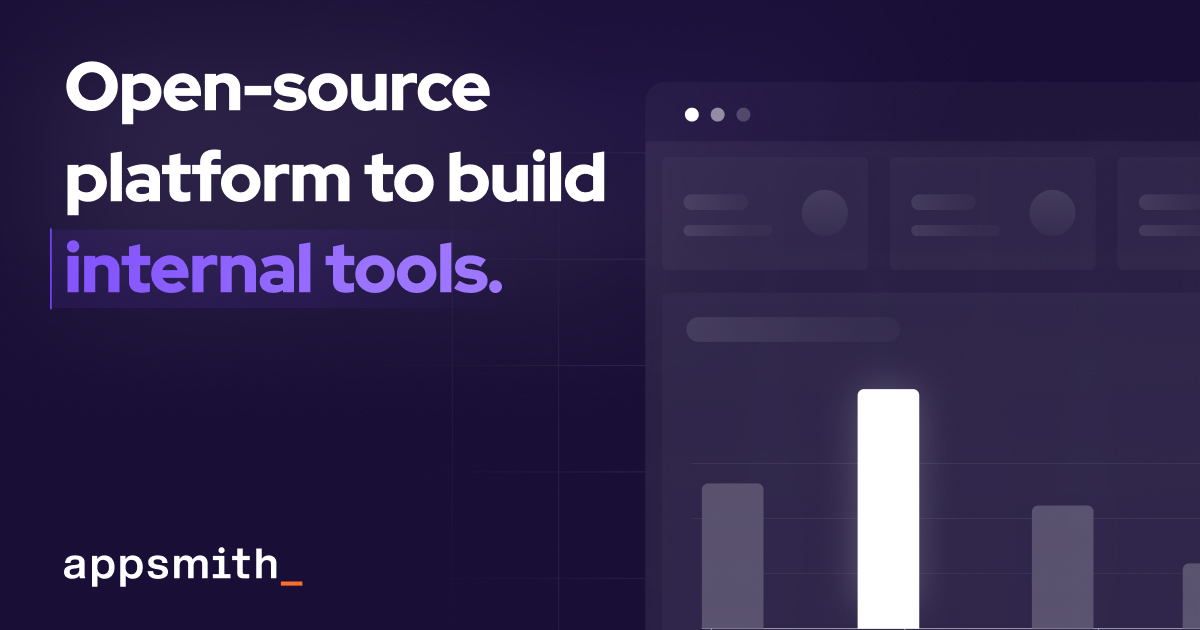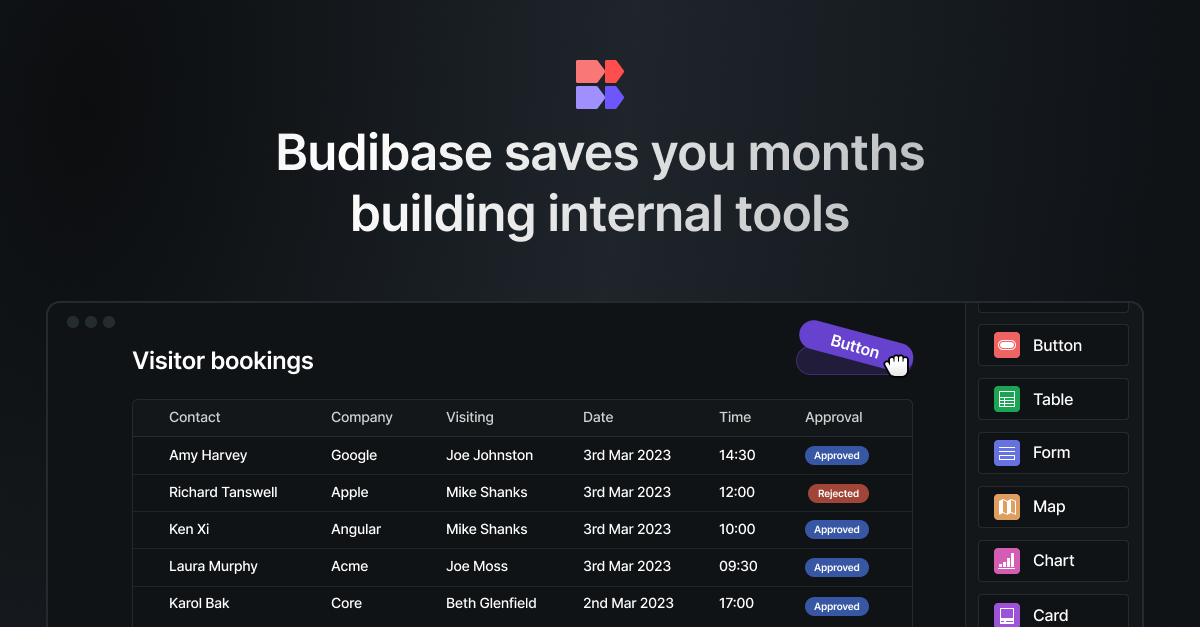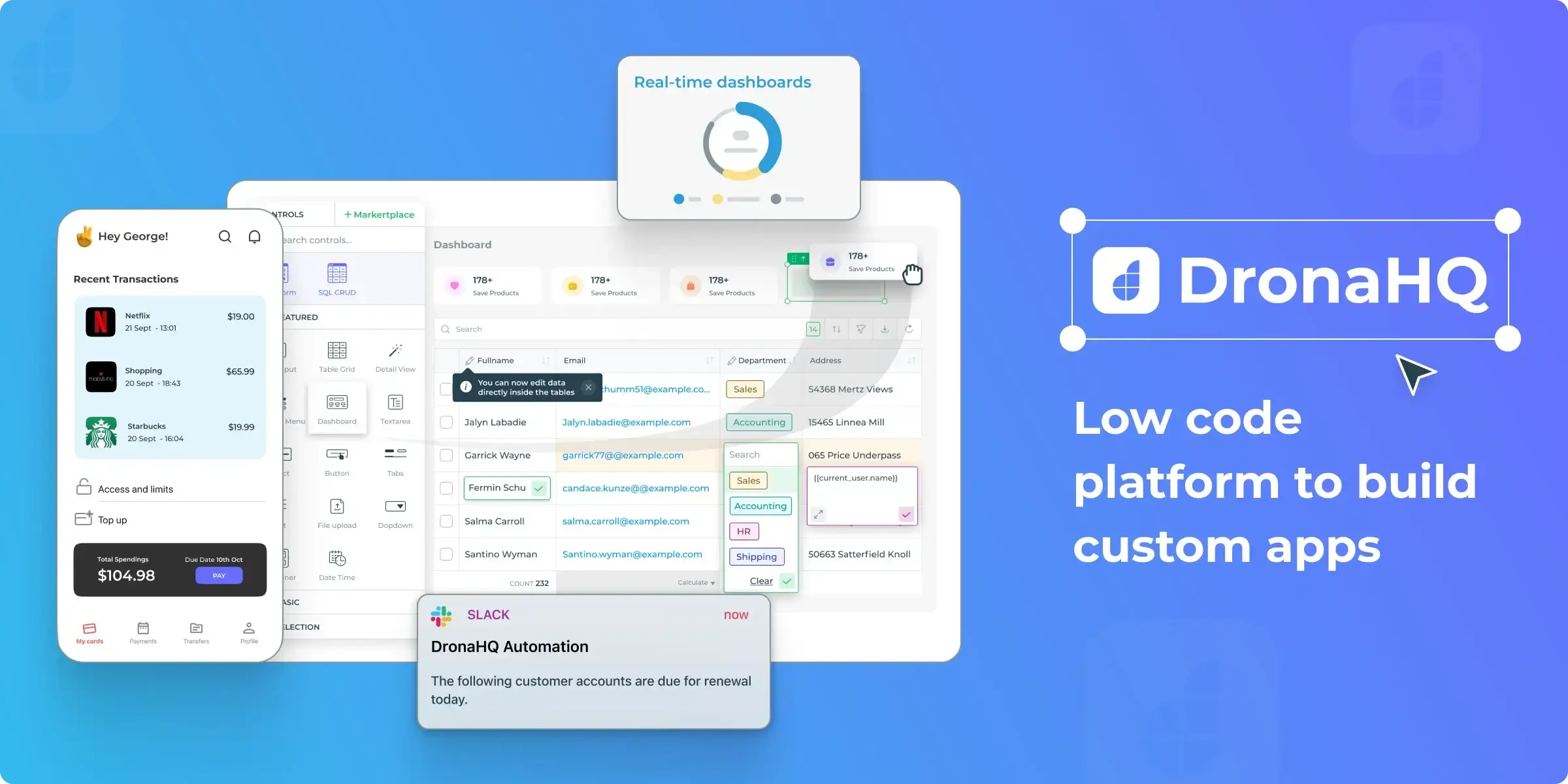87% of devs use low-code. AI & IoT drive growth. Explore key trends in Akveo’s new report.
Read article

/
8
min read

/
17
min read

/
6
min read
.png)
/
10
min read

/
18
min read

/
9
min read

/
9
min read
/
20
min read

/
12
min read

/
9
min read

/
8
min read

/
10
min read

/
9
min read

/
9
min read

/
11
min read

/
7
min read

/
9
min read

/
11
min read

/
10
min read

/
9
min read

/
7
min read

/
8
min read

/
9
min read

/
11
min read

/
13
min read

/
4
min read

/
11
min read

/
11
min read

/
6
min read

/
7
min read

15
min read

15
min read

15
min read

15
min read

15
min read

15
min read

15
min read

15
min read

15
min read

15
min read

15
min read

12
min read

15
min read

15
min read

15
min read

15
min read

15
min read

15
min read

15
min read